Discovering the facts about Olympics in ancient Greece reveals how the games performed as a political and religious show and as a showcase for athletic talent, connecting the many Greek city-states.
The Olympic Games, a worldwide event today, have their roots in Greek antiquity and date back more than 2,700 years.
Let’s explore some amazing details on the history, composition, and lasting impact of the Olympics in ancient Greece.
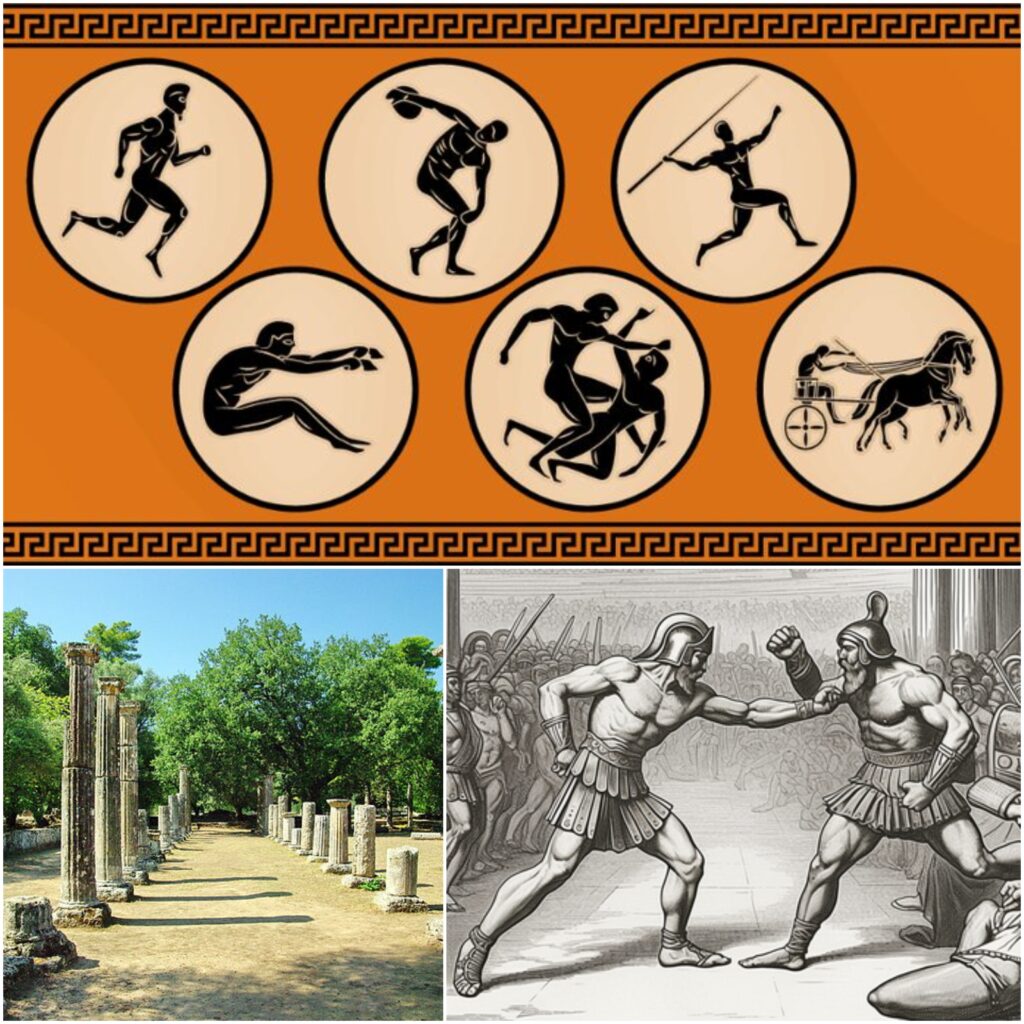
Facts About Olympics in Ancient Greece
The Origins of the Olympic Games
In 776 BCE, Olympia, Greece hosted the first Olympic Games ever documented as a religious celebration honoring Zeus, the king of the gods.
Greek mythology states that the great hero Hercules started the celebration when he finished his 12 Labors.
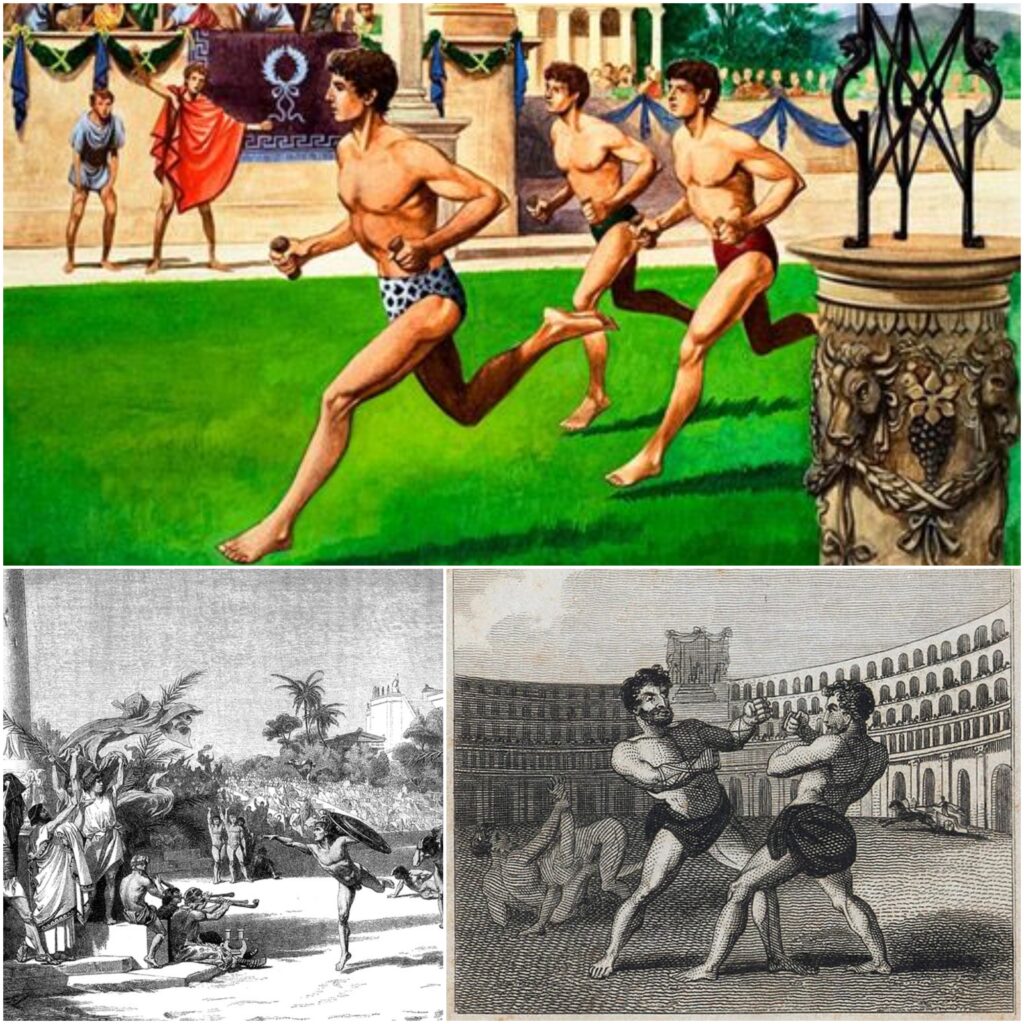
The Olympiad, a four-year period that coincided with the games, was also a means of measuring time in ancient Greece.
Olympia, the venue of the games, was a holy sanctuary with temples and altars devoted to many gods in addition to being a sporting arena.
Who Could Compete in the Ancient Olympics?
The ancient Olympics were far more exclusive than the modern ones, which encouraged equality.
Women and foreigners were not permitted to compete; only freeborn Greek men were.
Greek city-states produced athletes, and competing in the games was a source of immense pride and prestige.
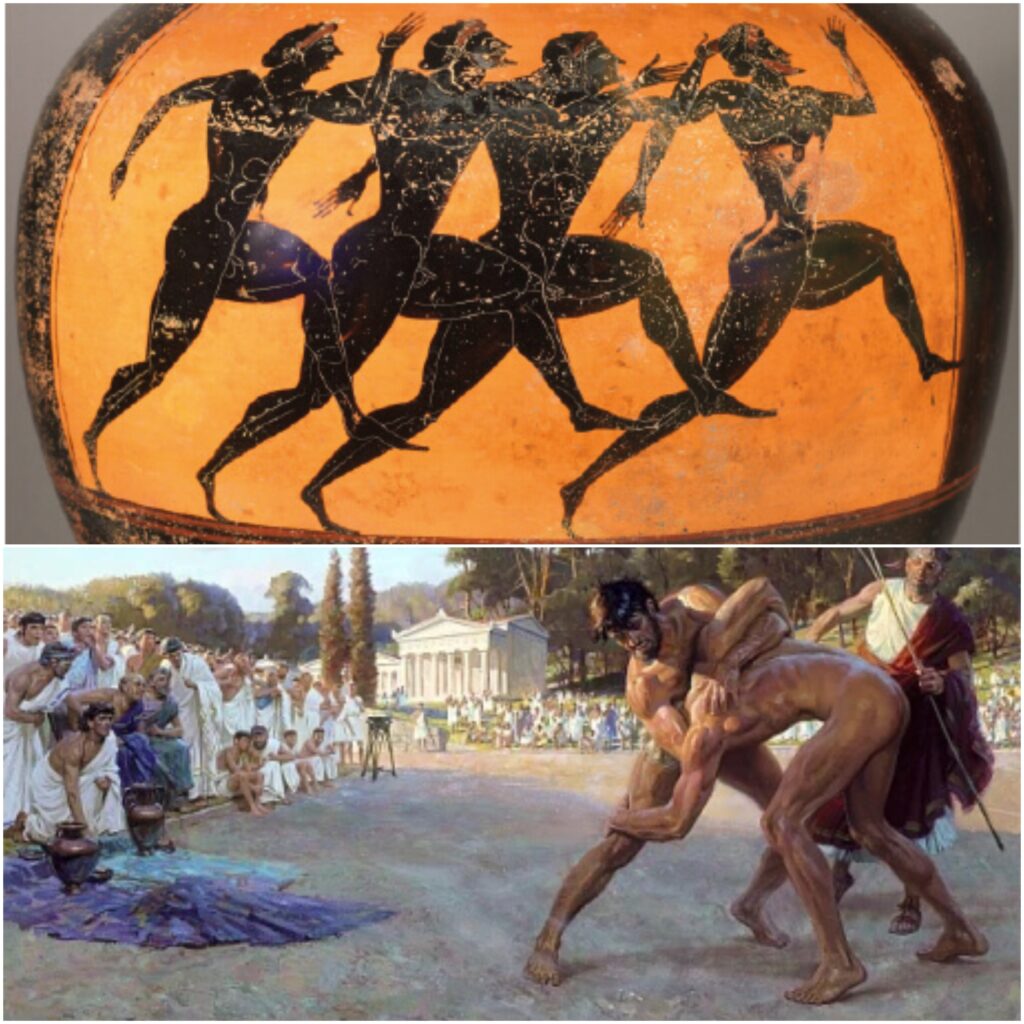
Since the athletes’ social backgrounds varied, many of them were either soldiers or members of royalty.
It is interesting to note that single women had their own games, called Heraia, honoring the goddess Hera.
Compared to the Olympics, these facts about Olympics in ancient Greece games were far smaller in scope and mostly included footraces.
Sports and Events in the Ancient Games
The ancient Greek Olympics’ games were created to measure a person’s physical stamina, ability to fight, and inner power.
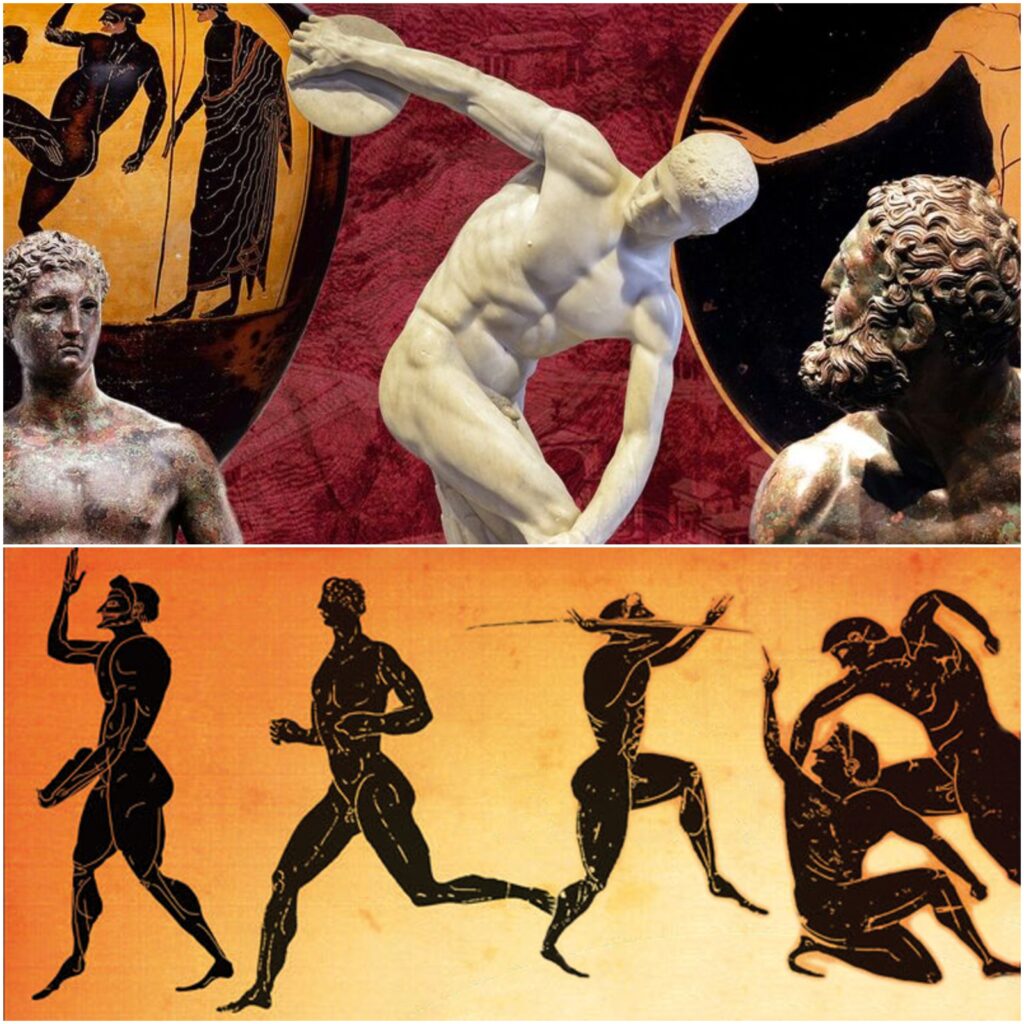
The stadium, a brief footrace that was the first and only event during multiple Olympiads, was one of the most popular competitions. Other events were added over time, such as,
Pentathlon: Five different sports combined; discus throw, javelin throw, running, long jump, and wrestling.
Pankration: A brutal boxing and wrestling combination where practically anything was permitted, with the exception of eye gouging and biting.
Chariot racing: A risky but extremely prestigious competition that the wealthiest athletes frequently win.
It is interesting to note that competitors participated in the nude, a custom that is meant to represent the honesty of the games.
There were no medals or cash prizes like there are in current times; instead, winners received olive wreaths as a symbol of their exceptional athletic ability.
Religious Significance of the Ancient Olympics
The Olympic Games were not just a sporting event but also a religious one.
The games, which were held in Zeus' honor, featured a number of religious rites, including sacrifices and ceremonies.
One of the Seven Wonders of the Ancient World, a colossal statue of the god created by renowned artist Phidias, was kept in the Temple of Zeus in Olympia.
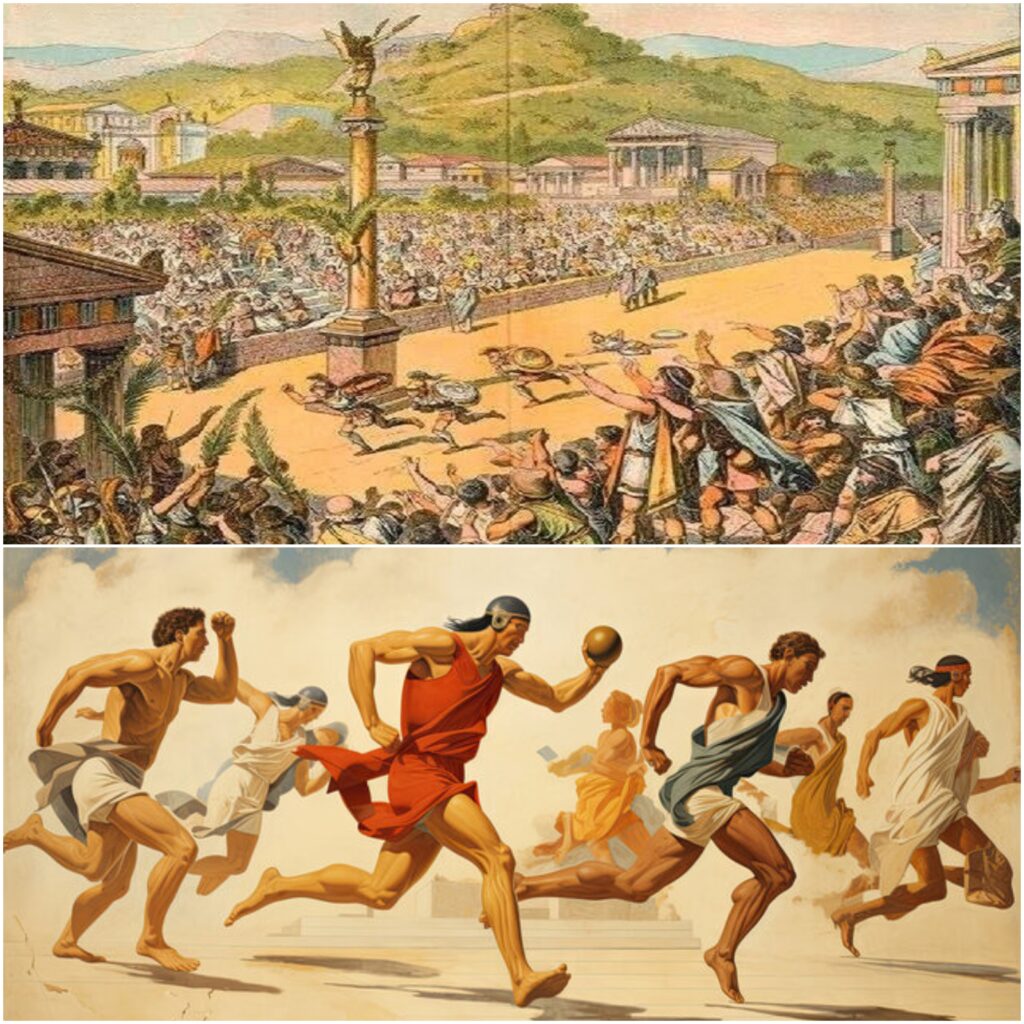
Athletes and spectators would follow a procession to the temple before the start of the games, where offerings were offered in hopes of winning Zeus’ favor.
The fact that priests and other religious authorities were in charge of these rites added to the event’s divine quality.
The Role of Politics in the Olympics
Though amicable competition between Greek city-states was the main goal of the games, politics frequently had an impact on the proceedings.
In the case of the games, the Olympic ceasefire known as Ekecheiria was declared, allowing athletes to leave their home city-states securely and without fear of conflict.
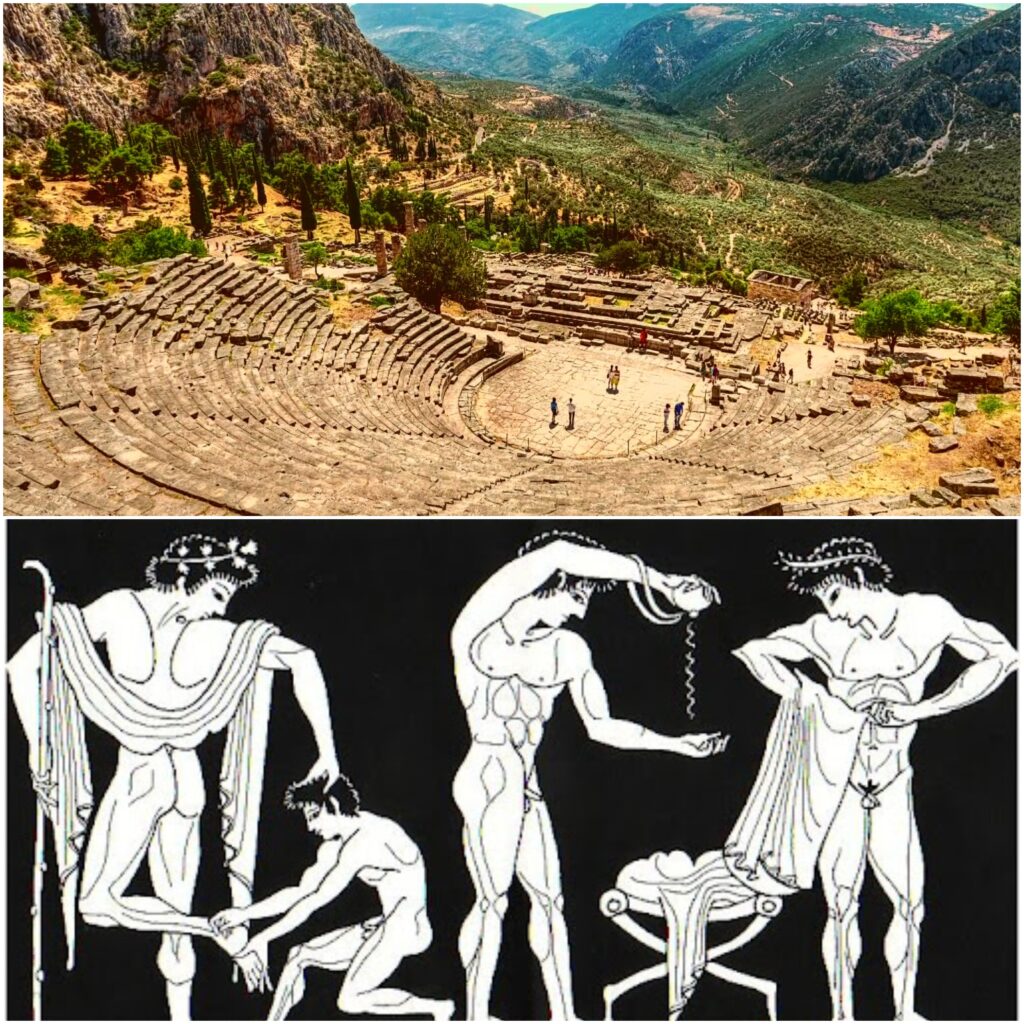
But there were clearly differences in politics, particularly when a city’s success could result in status and power.
Athletes who won were hailed as heroes, and their hometowns frequently showered them with benefits like complimentary dinners, tax breaks, or front-row seats to public events.
The Decline and End of the Ancient Olympics
The ancient Olympic Games saw a collapse after centuries of prominence for a number of reasons, including the rise of Christianity and Roman influence.
The games were accepted when the Romans conquered Greece, but they also brought modifications that reduced its original intent.
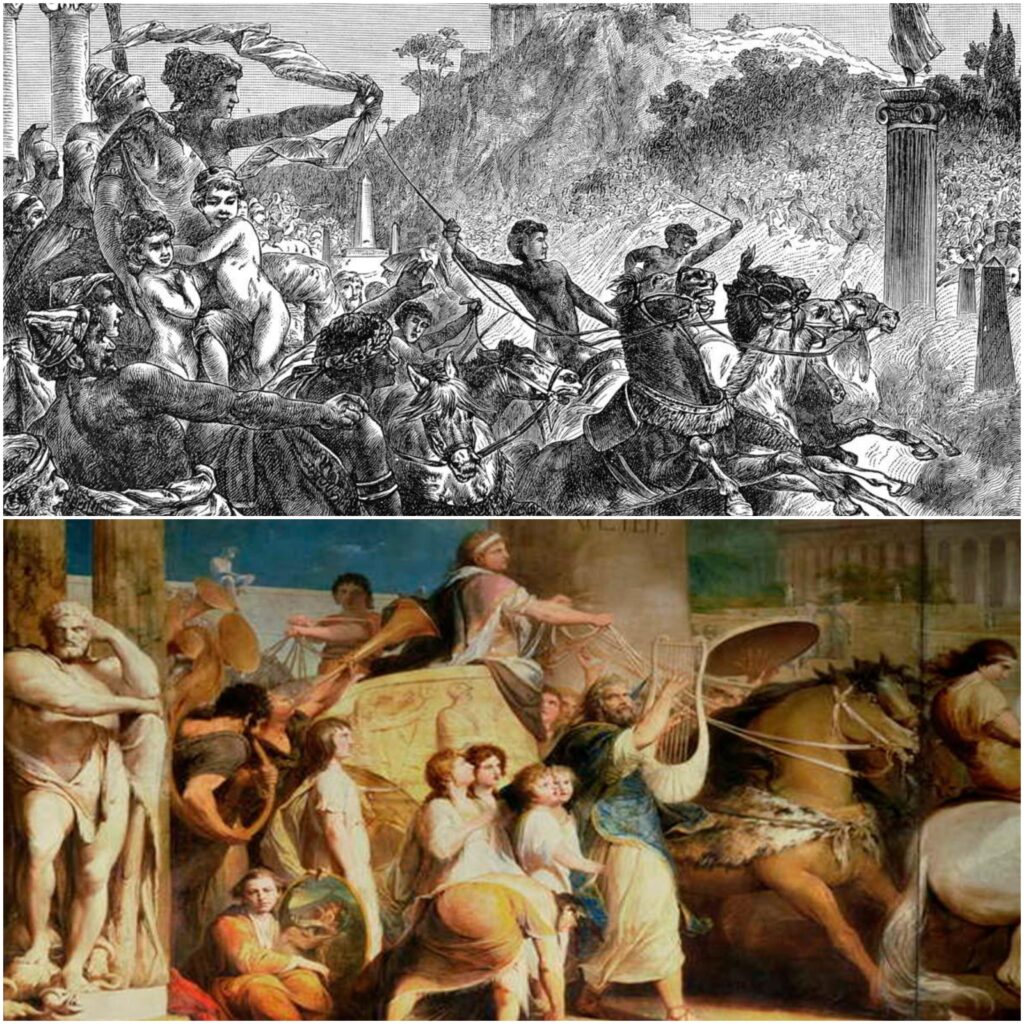
The Olympic Games were held until 393 AD, when orthodox Christian Emperor Theodosius I outlawed all pagan celebrations, including the Olympics.
With this, a custom that had existed for more than a thousand years came to an end.
Later, a large portion of Olympia was destroyed by natural disasters including earthquakes and floods, which caused the site to be abandoned.
Legacy of the Ancient Olympics
The current Olympic movement continues to be shaped by the ancient Olympic Games, despite their end more than 1,500 years ago.
The spirit of athleticism and competition from the ancient games served as inspiration for Pierre de Coubertin’s 1896 creation of the modern Olympics.
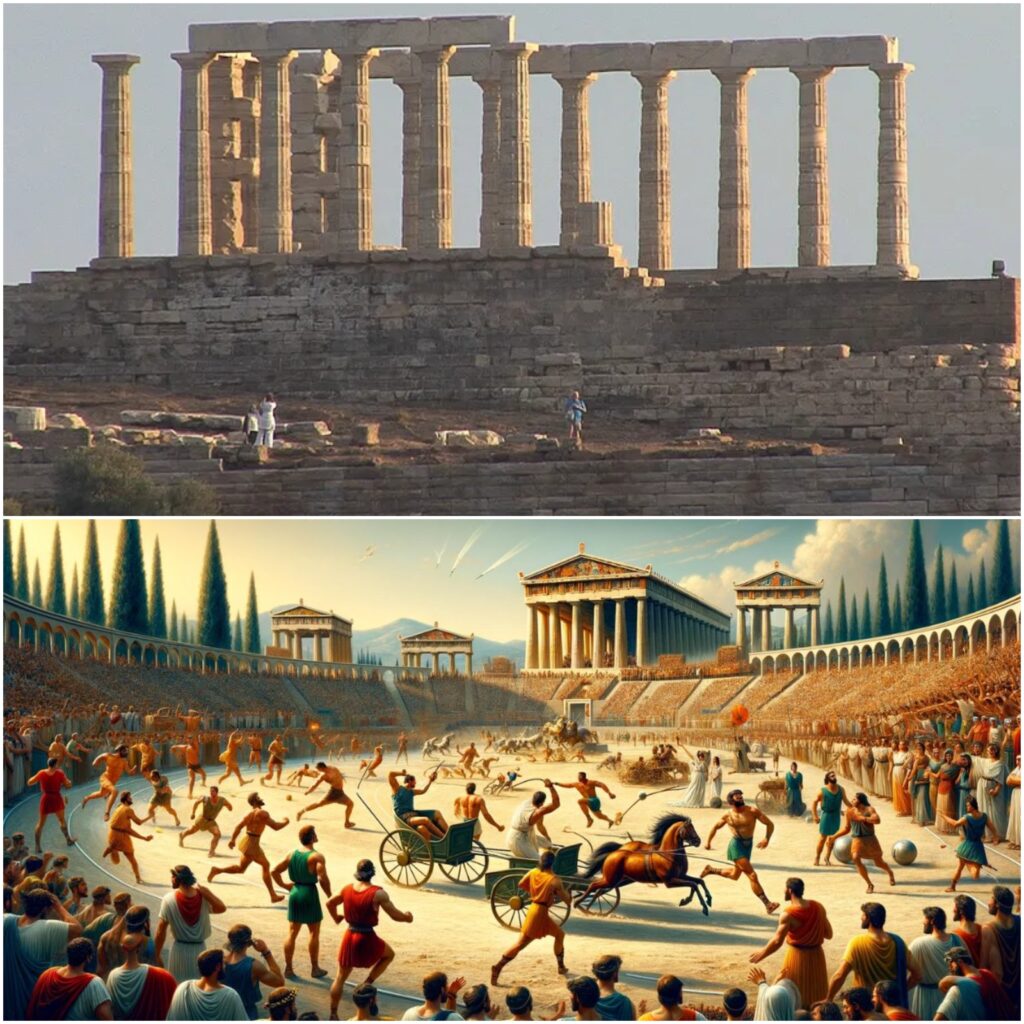
Many old symbols, like the Olympic flame, are still in use today. The flame, which is carried from Olympia to the host city, represents the link between traditional and modern games.
One enduring legacy of ancient Greece is the idea of the Olympics as a sporting competition that unites people through sports and transcends national boundaries.
The Historical Impact of the Ancient Greek Olympics
One of the most cherished sports traditions in the world was founded by the ancient Greek Olympics, which combined politics, religion, and athletics to create a timeless legacy.
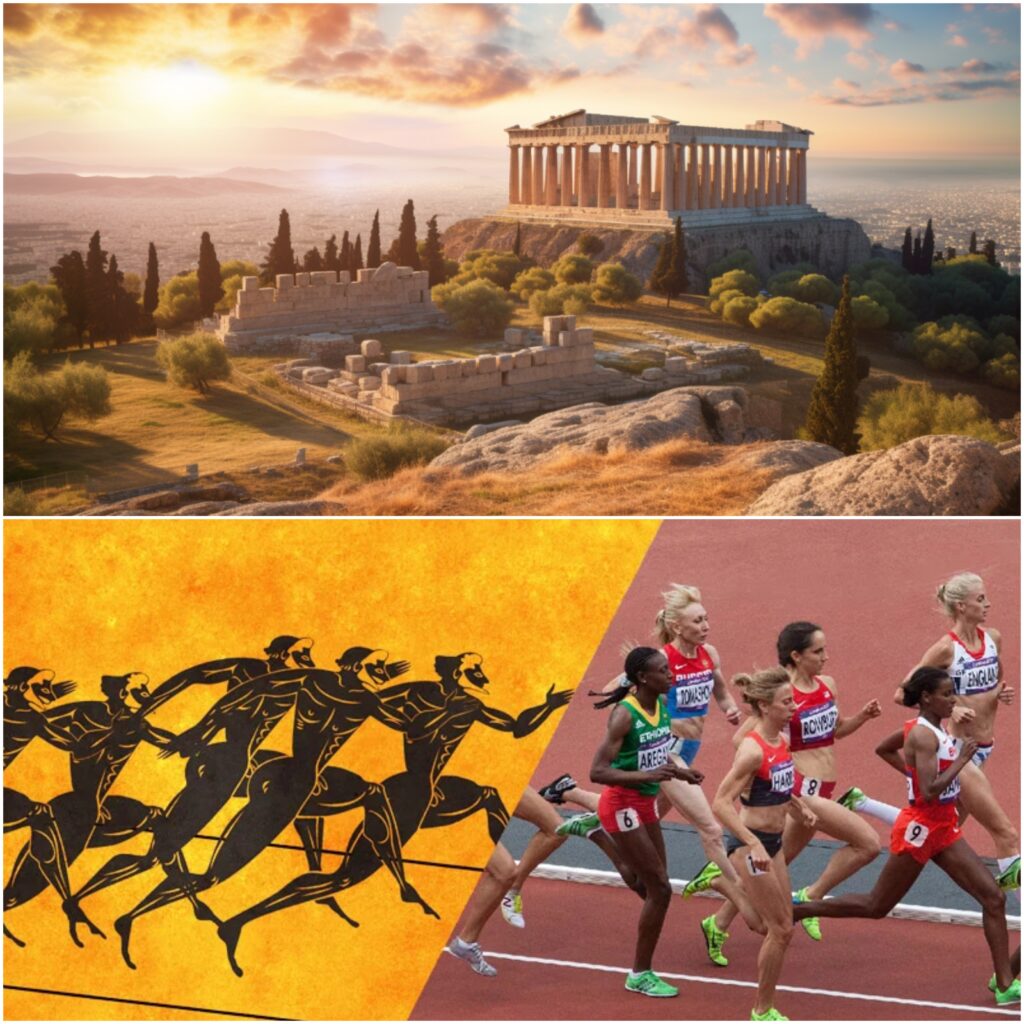
The Olympics, which pay homage to the games that once thrilled the ancient Greek world, remain in existence as a symbol of human excellence and worldwide unity since their founding in 776 BCE and their resurrection in the 19th century.
“Unlock the secrets of the ancient Greek Olympics with this must-watch documentary that reveals astonishing facts and untold stories!”
Read Also: Curious about more amazing facts? Discover the hidden gems of the Dominican Republic in our latest eye-opening article!
